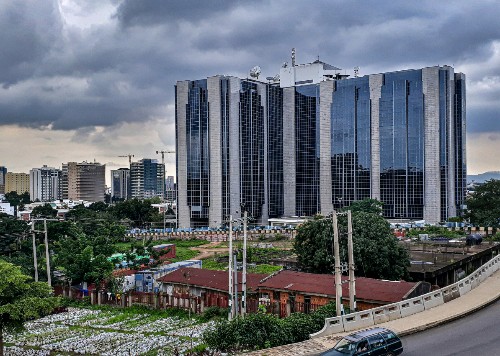BIG STORY
Immigration Fails To Submit Annual Financial Statements For 10 Yrs – Report
-

 BIG STORY3 days ago
BIG STORY3 days agoCourt Sentence FCMB Branch Manager To 121 Years In Prison For Embezzling N112million From Customer’s Account In Anambra
-

 BIG STORY1 day ago
BIG STORY1 day ago80% Of Lekki Buildings Have No Government Approval — Physical Planning Commissioner, Oluyinka Olumide
-

 BIG STORY1 day ago
BIG STORY1 day agoBREAKING: Ikeja Electric Slashes Tariff For Band A Customers By 9%
-

 BIG STORY22 hours ago
BIG STORY22 hours agoMy Only Regret In Life Is Bleaching My Skin — Toke Makinwa
-

 BIG STORY1 day ago
BIG STORY1 day agoMende Demolitions: Developers Served Contravention Notices Since 2021, But Ignored — Tokunbo Wahab
-

 BIG STORY4 days ago
BIG STORY4 days agoGovernors Can Pay N615,000 Minimum Wage If They Get Priorities Right — NLC
-

 BIG STORY4 days ago
BIG STORY4 days agoNSA Orders Full Implementation Of Cybercrimes Act 2024
-

 BIG STORY1 day ago
BIG STORY1 day agoAY Makun, Seyi Law, Others Grace Dedication Of Ali Baba’s Triplets In Lagos [PHOTOS]


































